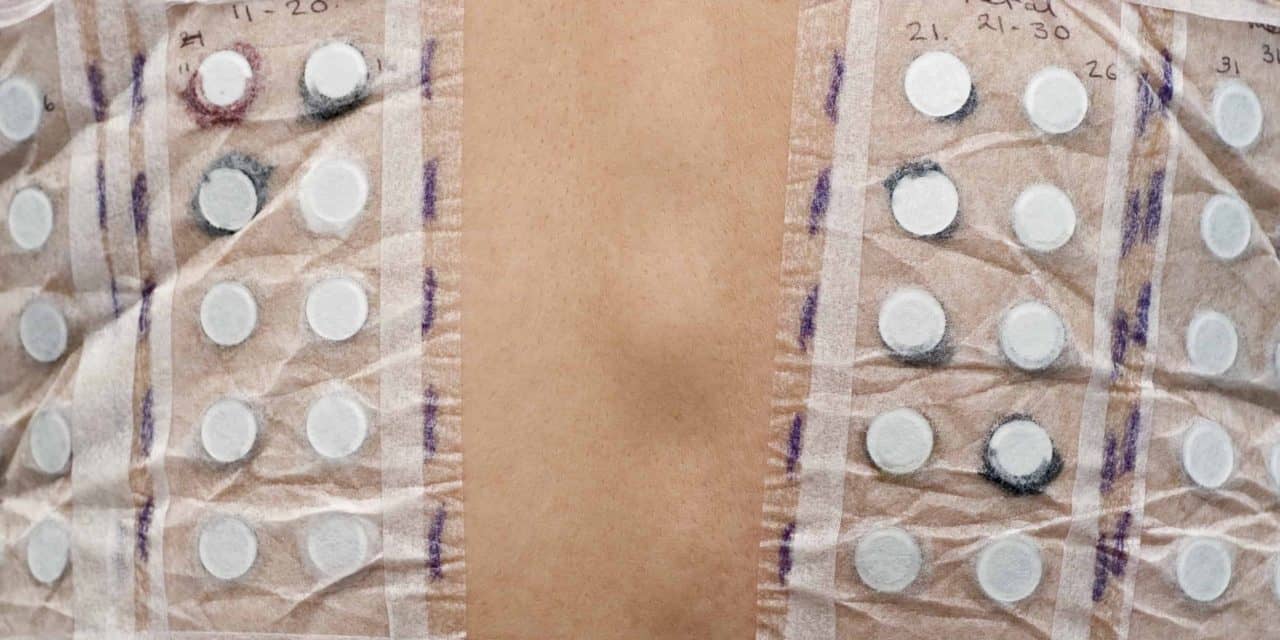Evidence-based guidelines are needed in the United States to improve evaluation of perioperative allergic reactions including recommendations for subsequent anesthesia.
Identify causative agent(s) and evaluate patients’ tolerability of subsequent anesthesia in patients evaluated by Allergy/Immunology (A/I) at Massachusetts General Hospital.
We performed a retrospective review of patients referred to the outpatient A/I clinic for perioperative allergic reactions between October 2003 and May 2017. Patient demographics, atopic history and prior adverse drug reactions were reviewed. Patients underwent a comprehensive evaluation with testing including skin testing (ST), drug challenges (when appropriate), tryptase level measurement, and specific IgE to latex measurement. Tolerance of subsequent procedures requiring anesthesia was assessed.
Of 123 patients referred, 74 (60%) were female and mean age was 46 (+18) years. At least one causative agent was identified in 28 patients (24%, n=28/118). Seventeen of 28 (61%) patients were ST positive to an antibiotic, including 13 (46%) positive to cefazolin; 3 patients (11%) had a positive latex specific IgE. Of 85 patients who had subsequent anesthesia with a known outcome, 78 (91%) did not have another perioperative allergic reaction. Two of five patients with an elevated baseline tryptase level did not tolerate subsequent anesthesia.
The majority of patients safely received subsequent anesthesia after comprehensive A/I evaluation for their perioperative allergic reactions, however improved algorithmic care is needed in the United States. Among ST positive patients (24%), antibiotics (especially cefazolin), were the most common culprits. An elevated baseline tryptase level was associated with an increased risk of recurrent perioperative allergic reactions.
Copyright © 2020. Published by Elsevier Inc.
Perioperative Allergic Reactions: Allergy Assessment and Subsequent Anesthesia.


